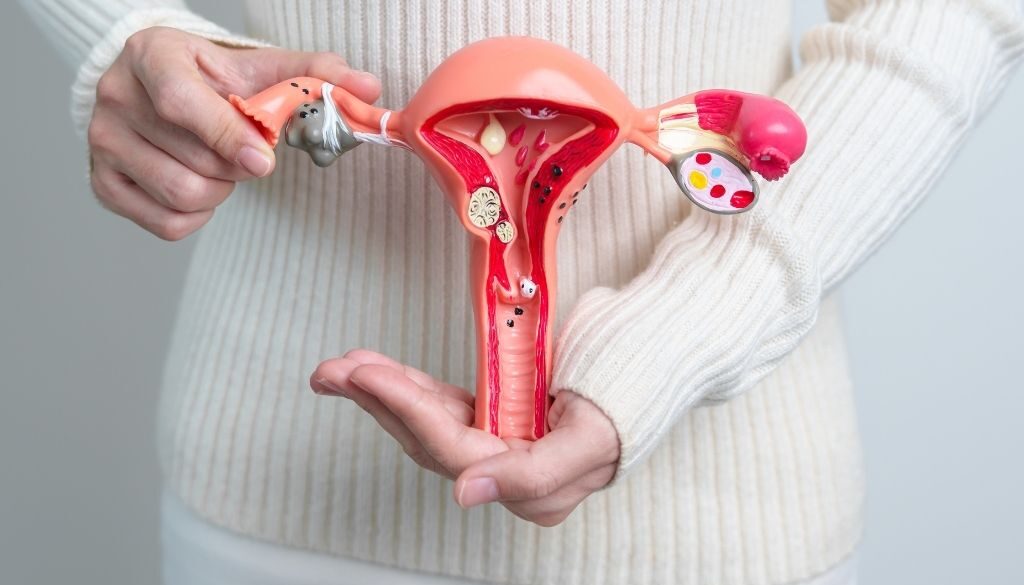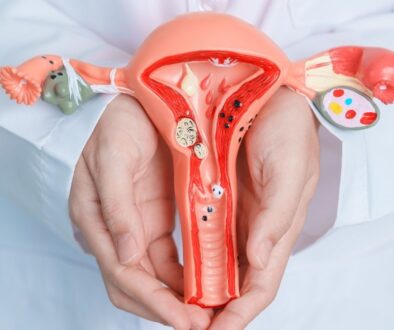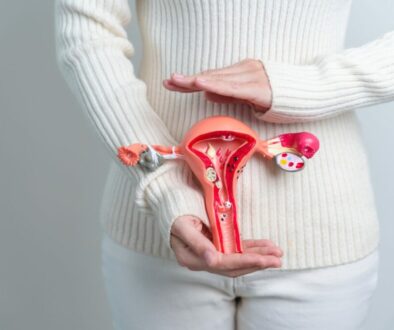Is Pelvic Pain Disrupting Your Life? You Might Be Dealing with Endometriosis
If you’ve been struggling with chronic pelvic pain, painful periods, or infertility, you may be experiencing endometriosis—a condition that affects millions of women worldwide. There are several treatment options to help manage this challenging condition, but understanding its underlying causes is essential for effective relief. One of the main concerns for women with endometriosis is the development of endometriomas(ovarian cysts caused by endometriosis) and endometriosis cysts that can worsen the symptoms. But what exactly is the reason for endometriosis? Why does this condition affect so many women, and how can it be diagnosed and treated effectively? Let’s explore the signs, diagnosis, and treatment options for endometriosis to help you take the first step toward feeling better.
What is Endometriosis?
Endometriosis is where tissue resembling the uterine lining, called the endometrium, develops outside the uterus. This tissue can attach to organs such as the ovaries, fallopian tubes, and the outer lining of the uterus. As the tissue thickens, breaks down, and sheds, just like the standard endometrial lining, it has nowhere to exit the body. This can result in inflammation, scarring, and the development of adhesions, leading to pain and discomfort.
Signs and Symptoms of Endometriosis
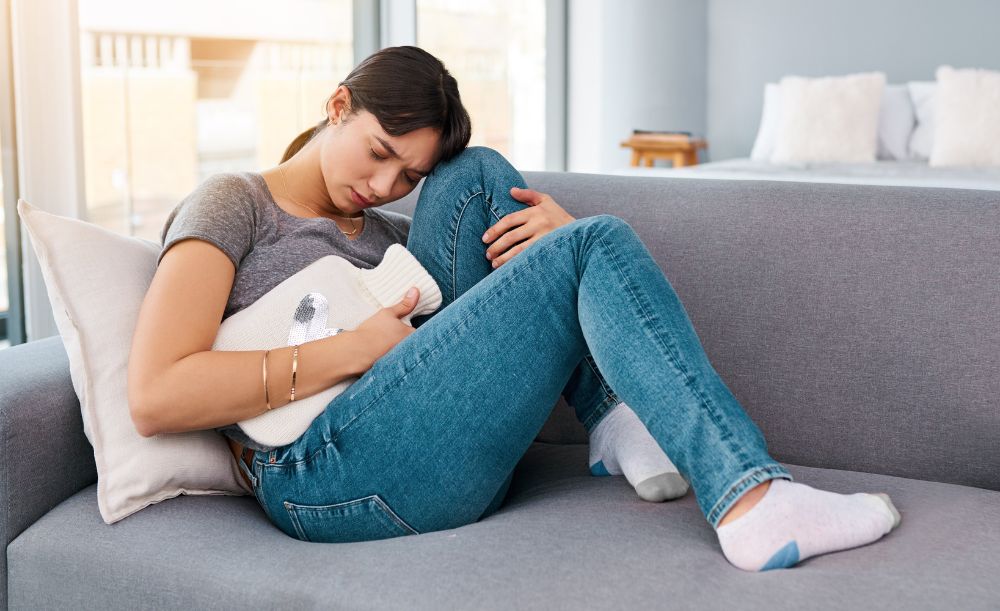
The signs of endometriosis can vary from mild to severe. The most common symptom is pelvic pain, often linked to the menstrual cycle. Some women may also experience:
- Painful periods (dysmenorrhea)
- Pain during or after intercourse
- Chronic lower back and pelvic pain
- Discomfort during bowel movements or urination, especially around the time of menstruation
- Heavy menstrual bleeding or spotting between periods
- Infertility or difficulty getting pregnant
The signs of endometriosis can include severe cramps, pelvic pain, pain during intercourse, or unexplained infertility.
It’s important to understand that the severity of symptoms does not always match the severity of the condition. Some women may have significant symptoms despite having only mild endometriosis, while others may have little to no symptoms despite having more advanced stages.
Causes and Reasons for Endometriosis
While the reason remains unclear, Multiple factors are thought to play a role in its development, including:
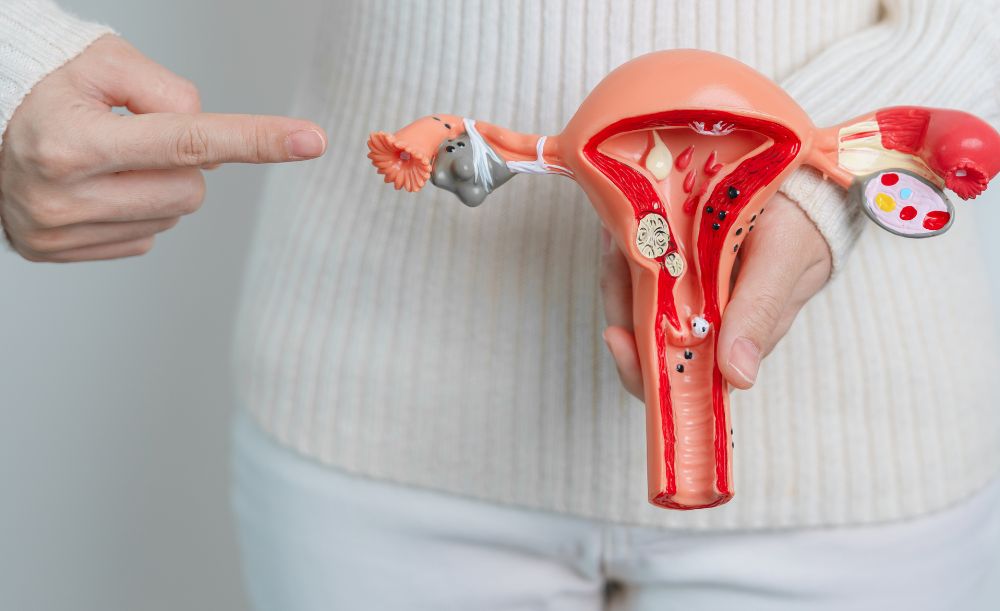
- Retrograde menstruation: This occurs when menstrual blood, which contains endometrial cells, flows in reverse This happens when menstrual blood, carrying endometrial cells, travels backwards through the fallopian tubes into the pelvic cavity rather than being discharged from the body. Genetic factors may contribute to its development.
- Immune system disorders: Women with immune system disorders may be more prone to developing, as their bodies might fail to recognize and eliminate endometrial tissue growing outside the uterus.
- Environmental factors: Exposure to certain environmental toxins could contribute to the development of endometriosis.
Endometriosis Diagnosis
Diagnosing can be difficult due to its symptoms overlapping with those of other conditions, such as ovarian cysts, pelvic inflammatory disease, or irritable bowel syndrome. At Lifeline Clinic Dubai, we use a combination of methods to achieve an accurate diagnosis, including:
- Pelvic Exam: Your gynecologist may look for abnormalities such as cysts or scars behind your uterus.
- Ultrasound: While ultrasound is not always definitive for diagnosing endometriosis, it can help identify cysts, such as endometriomas (ovarian cysts caused by endometriosis), that may suggest the presence of the condition.
- Laparoscopy: Laparoscopy is the most accurate method for diagnosing endometriosis, in which a tiny camera is inserted through a small incision in your abdomen to look for the growth of endometrial tissue outside the uterus.
Endometriosis Cysts and Endometriomas
One of the most common complications is the development of endometriomas, often referred to as “chocolate cysts.” These cysts, filled with old blood, can develop on the ovaries. Endometriomas can cause pain bloating, and sometimes interfere with fertility. In severe cases, doctors may need to surgically remove them.
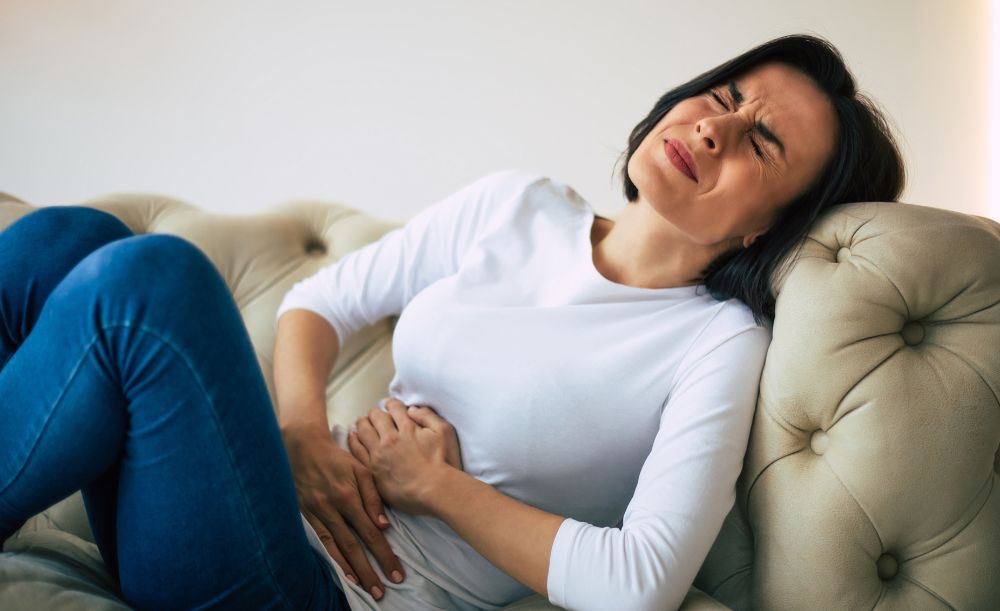
In addition to endometriomas, women with endometriosis may develop other cysts and endometriosis lesions on their reproductive organs. These cysts may cause issues like infertility, the formation of adhesions, and potential damage to surrounding organs.
Treatment Options
There is currently no cure for endometriosis, but there are various treatment options to help alleviate symptoms and enhance quality of life. The best treatment plan depends on the severity of the condition, the symptoms, and whether the woman wants to preserve her fertility. Common treatment options include:
1. Medications
- Pain Relief: Medications like ibuprofen or those prescribed by a doctor can help alleviate mild to moderate pain.
- Hormonal Therapy: Treatments like birth control pills, IUDs, and GnRH agonists can help control or stop menstruation, which helps reduce pain and slow the growth of endometrial tissue.
2. Endometriosis Surgery
If medication and lifestyle changes are insufficient, doctors may recommend surgery. Surgery aims to remove or eliminate the endometrial tissue that is growing outside the uterus. This can be done through:
- Laparoscopic Surgery: A less invasive procedure designed to remove or cauterize endometrial lesions and cysts, commonly known as “laparoscopy.” This method has the advantage of smaller incisions and a quicker recovery time.
- Hysterectomy: In more severe cases, when other treatments have not worked, A hysterectomy (removal of the uterus) may be suggested, particularly for women who no longer wish to have children.
3. Lifestyle Changes
Specific lifestyle changes can help manage symptoms, such as:
- Regular exercise
- Dietary changes, including an anti-inflammatory diet
- Stress-relief methods, such as yoga or meditation.
Why Seek Endometriosis Therapy at Lifeline Clinic Dubai?
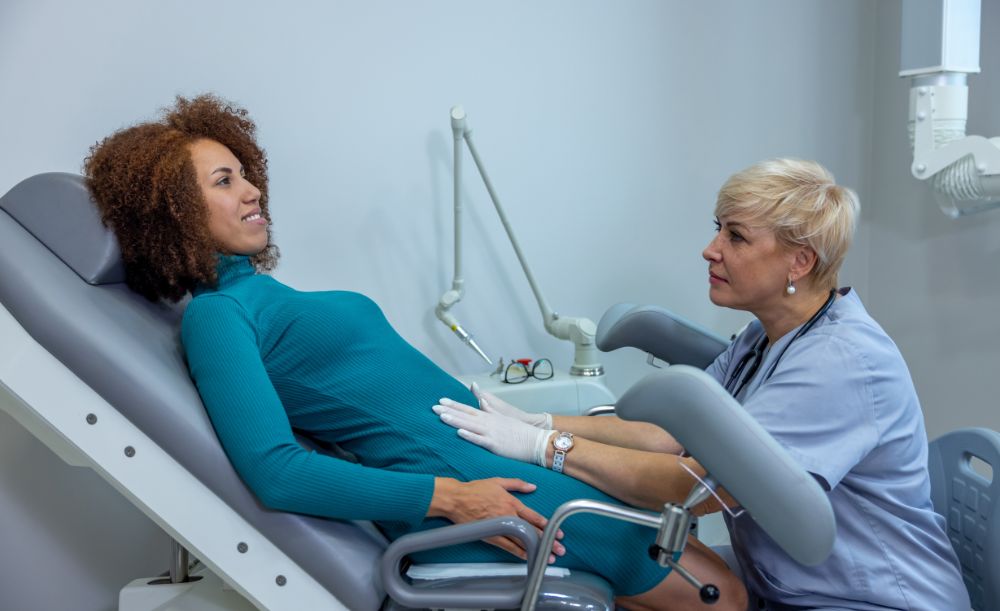
At Lifeline Clinic Dubai, our team of experienced gynecologists provides personalized care and treatment for women with endometriosis. We utilize advanced diagnostic methods and provide various treatment options customized to your needs, including hormonal therapies, surgical procedures, or lifestyle changes. Our goal is to assist you in managing your condition, alleviate discomfort, and enhance your overall well-being.
Conclusion
Endometriosis is a common condition that many people misunderstand, and it can significantly affect a woman’s health and well-being. Early diagnosis and prompt treatment are crucial in managing the symptoms and preventing complications. If you’re experiencing symptoms of endometriosis, such as pelvic pain or trouble conceiving, It is essential to consult a qualified gynecologist for medical advice. Lifeline Clinic Dubai offers comprehensive endometriosis treatment options, including surgery, endometrioma management, and personalized therapy plans to help you live a healthier, more comfortable life. Contact us today to learn more or schedule a consultation.

